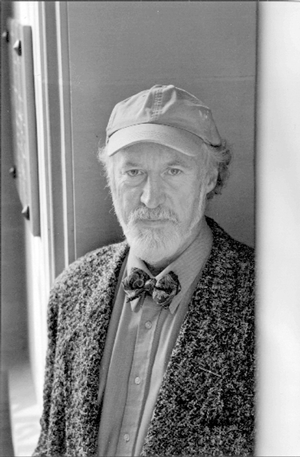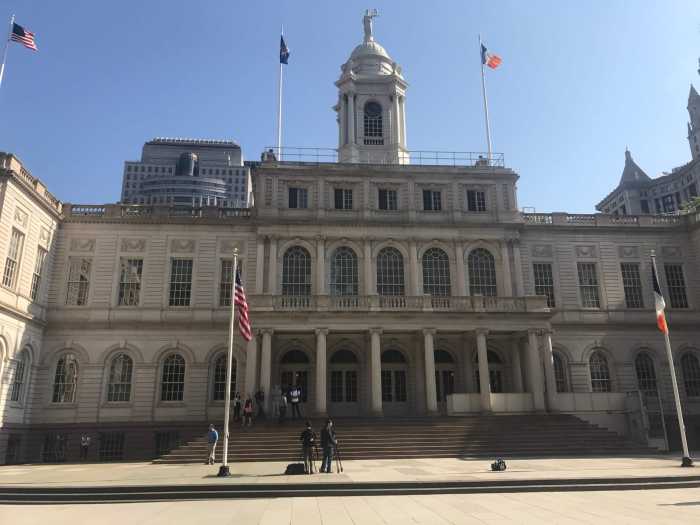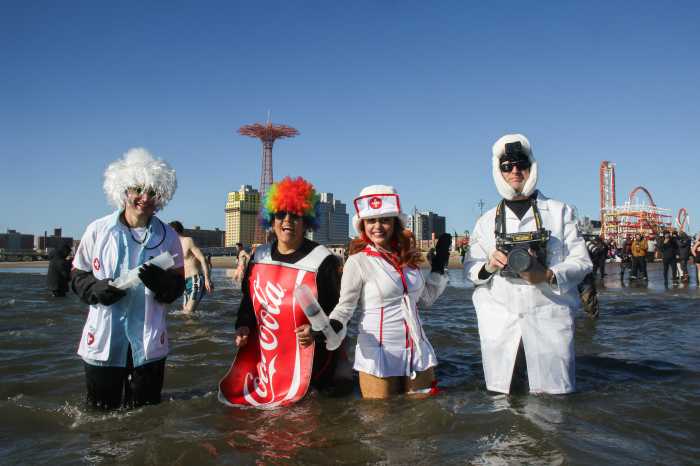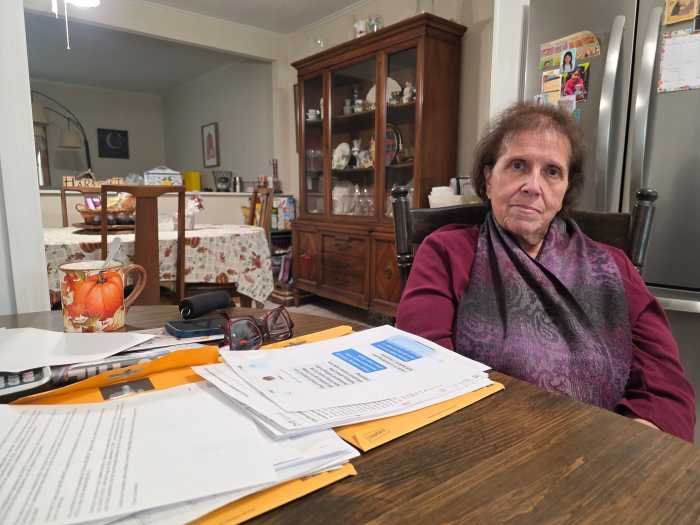Author at Lincoln Center to read from “Plays Well With Others,” his city memoir
You can say this about North Carolinians: when they write, they write long.
Thomas Wolfe’s first novel, “Look Homeward, Angel,” ran to God knows how many pages until, in 1929, Maxwell Perkins at Scribner’s steered, nursed, and cajoled the 29-year-old newcomer into cutting it down to a publishable 550 or so.
“Oldest Living Confederate Widow Tells All,” the 1994 debut novel by Allan Gurganus, runs to no fewer than 770 pages and has made the entrance of a new voice with the same impact of the Wolfe of seven decades earlier.
There is one statistical difference. In 1994, Gurganus was 47 years old and had done a heap more living, and watched over a heap more dying, than the Thomas Wolfe, who died of tuberculosis at 38.
Much of the living and dying of his own era Allan Gurganus distilled into a novel that ran only 350 pages, “Plays Well With Others,” and it is from this 1997 book, rather than the Civil War-era fictional memoir, that Gurganus will read on Tuesday, June 21, as part of a Lincoln Center Salute to Gay Pride 2005.
“The first time I ever saw an image of the skyline of New York City,” Gurganus said the other day over the telephone from his hometown, Rocky Mount, North Carolina, “I knew that was to be my true haunt, and I started counting the days until I could move there.
“I didn’t know about my sexuality, but I knew I wanted to be with people like myself, and with artists.”
The book from which he will read some seven or eight pages—“about 15 minutes”—is the story of a young man’s arrival in New York City, and that city’s Greenwich Village, at the beginning and middle of the AIDS pandemic, in the 1980s.
“It’s about the changing views of art and life, and the changing vision of what true family is,” Gurganus said.
He himself lost a great, great many members of that true family. And for the rest of it?
“Well, I escaped with my life, thanks to no merit of my own.”
Gurganus had also escaped pretty much scot-free from three and a half years (1966-70) as an E-4 petty officer second class (“as high as I could go”) in the U.S. Navy, encoding and decoding radio messages on the aircraft carrier Yorktown off the coast of Vietnam.
What was it like for a gay man at that time in the Navy?
“You had to be fairly quiet on ship, or they’d literally put you in chains—yes, literally—and you’d get your head shaved and have to shout: ‘Make way for prisoner!’ as you went down a corridor.
“They’re still throwing people out,” Gurganus wanted it known, “including the translators they so badly need. Meanwhile Charles Graner”—the brutalizer of Abu Ghraib—“is the heterosexual they leave in.”
Gurganus is an old Welsh name, and Allan Gurganus, the oldest of four sons, was born June 11, 1947, in Rocky Mount, population then 24,000—60 percent black, he noted. “Our lives were infinitely more integrated then than they are now, unfortunately.”
What changed all that?
“Well, I think white people stopped hiring black people. In part for economic reasons, in part out of embarrassment, and in part because black people didn’t need those jobs or want those jobs.”
(A black woman, former slave Castalia, is the closest confidante of Lucy Marsden, the 95-year-old “oldest Confederate widow” of Gurganus’ big novel.)
The author’s father, Marvin Gurganus, ran supermarkets; his mother, Ethel Mae Morris Gurganus, a retired grammar-school teacher who had worked with Jane Addams at Hull House, the famous settlement house in Chicago, “was a stage mother from the beginning.”
How had his folks felt about his sexual orientation?
“They were very quiet on the subject, even when I forced the issue and came out with it. They had a very hard time making an adjustment.”
Their son said he was “a committed artist”—not a writer—at age 9, and at age 12 had a one-man show in Rocky Mount. “So when other people wanted to be doctors, or lawyers, or Indian chiefs, I always wanted to be an artist. I still draw a lot. I’m getting back to painting now, but it’s hard to do two things full time.”
During a pre-Navy stint at the Philadelphia Academy of Fine Arts, Gurganus drew from Greek and Roman statues, and then, in the Navy, when he started reading, he “would try to write a chapter of Dickens, a chapter of Jane Austen, and so forth.” When he first hit New York, in the 1970s—having graduated from Sarah Lawrence in two years “because I’d read so many books in the Navy”—he went down to 11th Street to study writing with Grace Paley.
That was followed by studies and an MFA under John Cheever and Stanley Elkin—“incredible!”—at the Iowa Writers’ Workshop. In the late ’70s, after being published in The New Yorker and the Atlantic Monthly, Gurganus taught at Stanford, at Duke, and at “the mother ship,” Sarah Lawrence.
Which brings him, and us, and “Plays Well With Others,” to New York in the 1980s.
“First, I lived in Chelsea, then in Hell’s Kitchen, then at 90th and Amsterdam. ‘Widow’ took seven years to write. There was a lot of love in my life.” One of those loves, he says, was the dancer Paul Taylor. “Friends who were not lovers include James Merrill and John Cheever.”
He felt he couldn’t write another book until he told the story of those years—“and of the joy of those years. But by the time I left New York, I had buried most of my community. I stayed until the last of my friends was taken care of, and then I went back to North Carolina. I needed a garden, and I needed room.”
Other readers-from-their-works in Lincoln Center’s Stanley H. Kaplan Penthouse, starting 6:30 on the evening of June 21, will be playwright Paula Vogel and novelist David Leavitt, under the comedic ministrations of moderator Kate Clinton. The three-day Salute as a whole (June 21-23) embraces the talents of Charles Busch, Barbara Cook, Cyndi Lauper, Lea DeLaria, John Tartaglia, Lillias White and the Village People.
Allan Gurganus, I think you’ll find, plays well with others.
gaycitynews.com



































